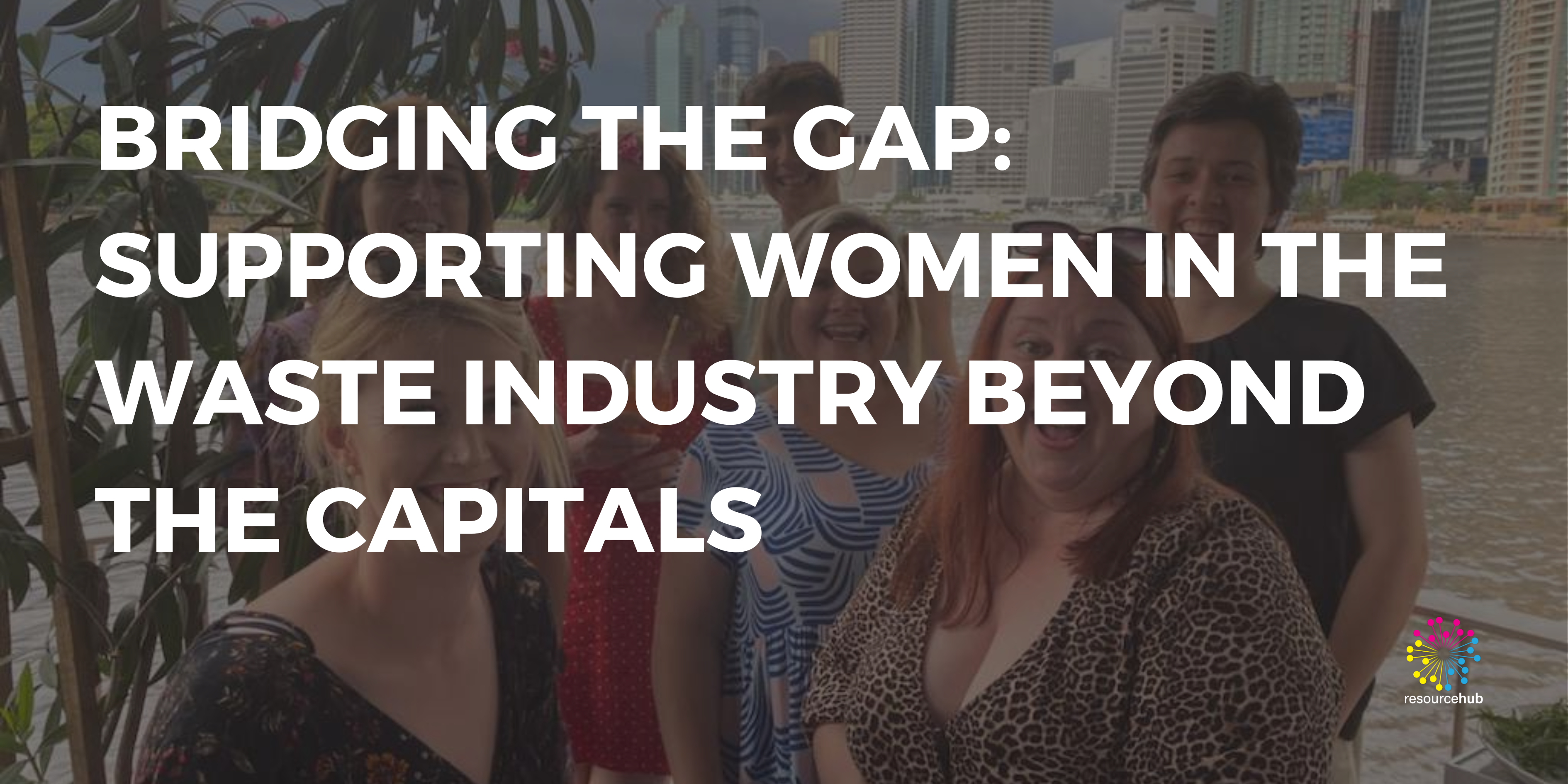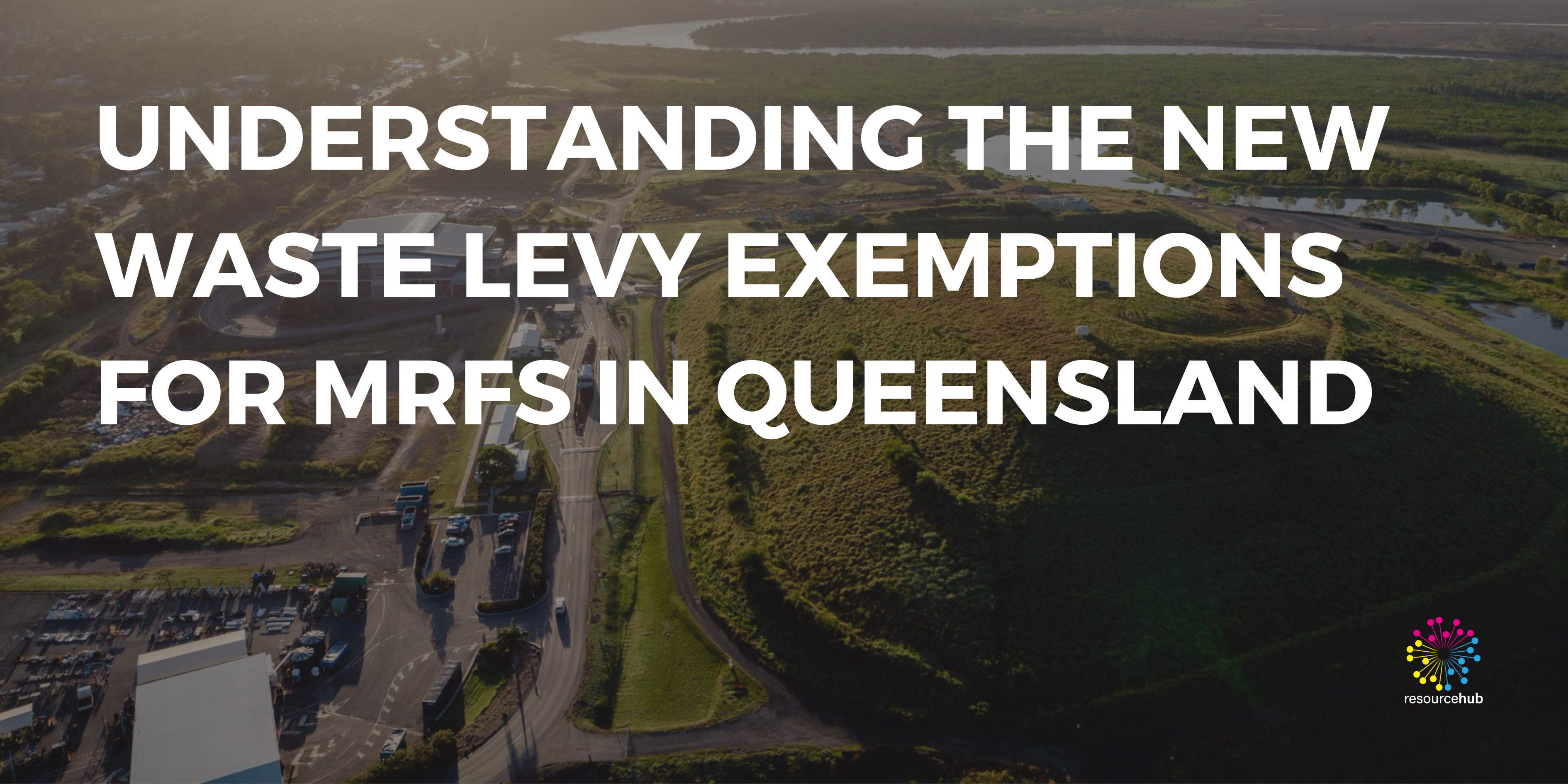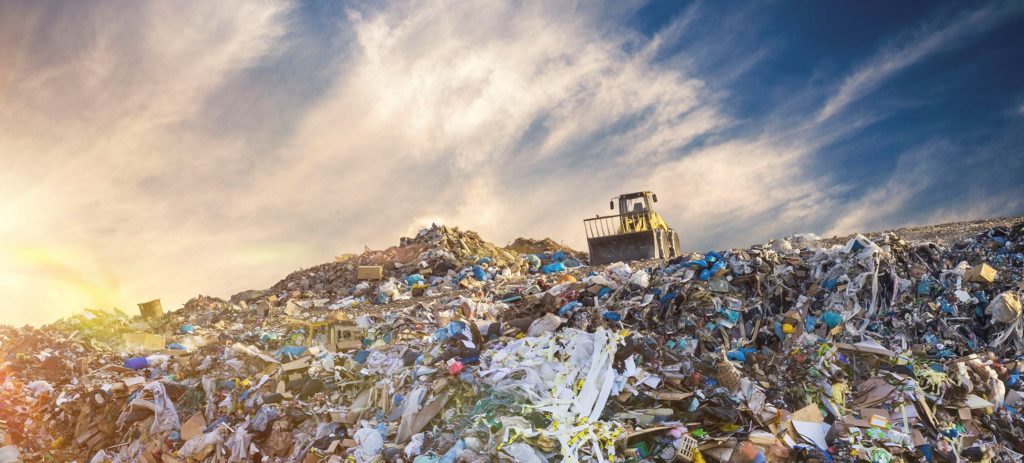Two months after we woke to the news of evacuations of Inglewood, Queensland due to flooding, we went to Goondiwindi Regional Council to follow up and check in – just before the floods hit again, but this time in our own neck of the woods.
The learning we wanted to share from our experience in Goondiwindi is to ensure that you list alternate facilities on applications for waste levy exemption, because you may need to use them. But more broadly, the learning is about the importance of flexibility in times of crisis.
During the floods in Goondiwindi region, Inglewood was hit hard. Council applied for a waste levy exemption for the flood event for loads of waste from the clean-up. When those transactions came through to report to the state, it became clear that a number of loads actually went to another facility- because Inglewood had limited opening hours.
As clean-up continued every day, the loads had to go somewhere, so they were diverted to the Goondiwindi facility. When that occurred, however, the state didn’t have anything in place in their data systems to say that those loads should have been accepted at Goondi, and as such, this triggered an issue in the QLD Waste Data System and a liability for levy.
This is a great reminder of the importance of planning for flexibility when dealing with the aftermath of disaster. Right now in flood-affected QLD, NSW and the southern states facilities, local government, and the state regulators are rapidly responding to the needs of community clean-up and incremental change to both regulation and our expectation of what should as opposed to what will happen during these clean-ups.
It’s important to remember that sometimes our facilities are only open for a limited number of days per week and that there may be overflow sites that we need to consider, and even temporary facilities which we will need to use in the event of a natural disaster. In the situation above, the Department of Environment has commenced the process to extend their exemption to impacted vehicle movements. Similarly, this week we have seen states issue broadened exemptions and engage with the LGAs and waste operators to simplify regulatory blockers.
We’d love to hear about your learnings and areas where support is still needed in disaster response. Do not hesitate to reach out!




